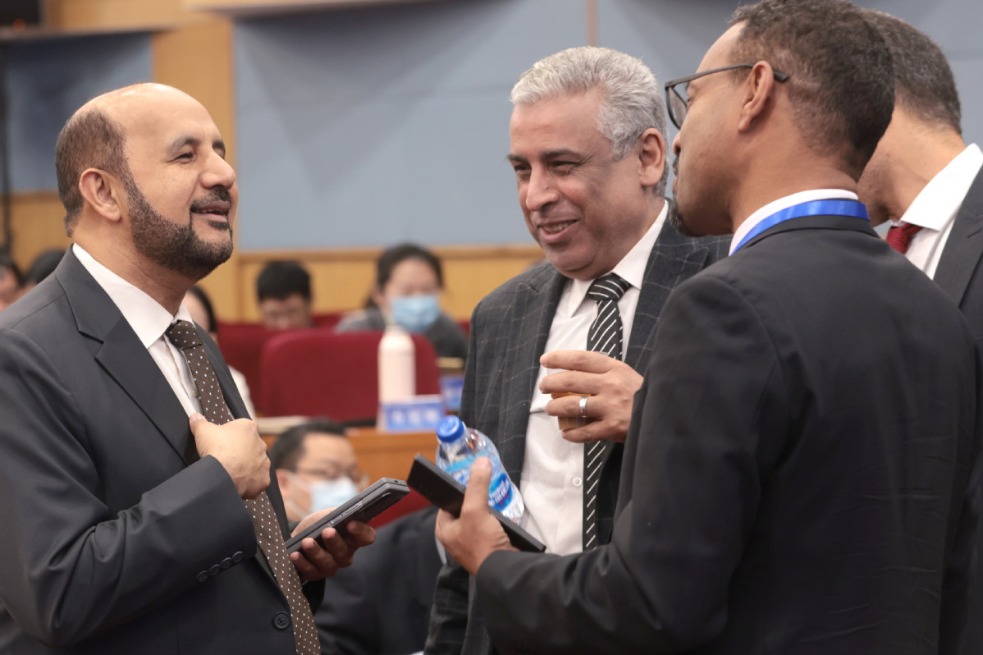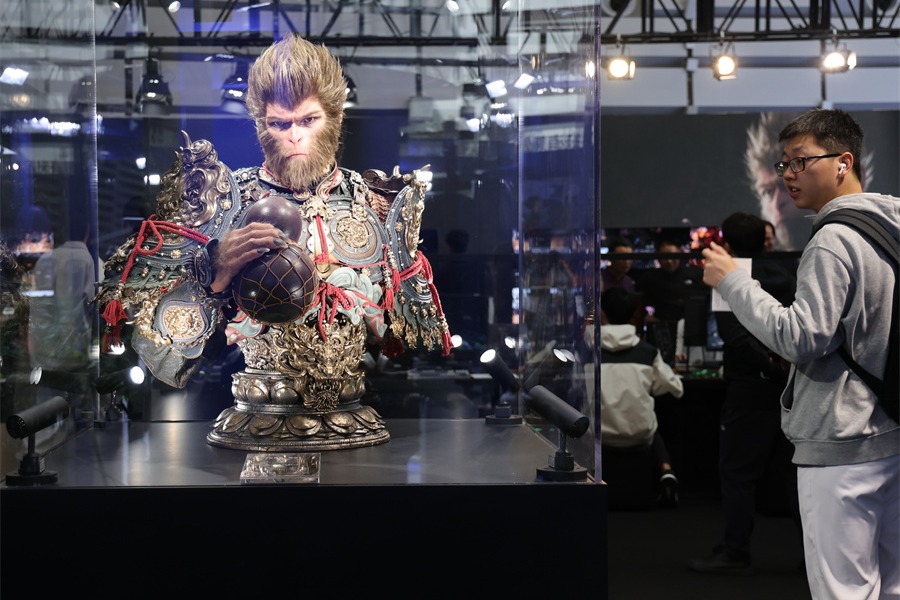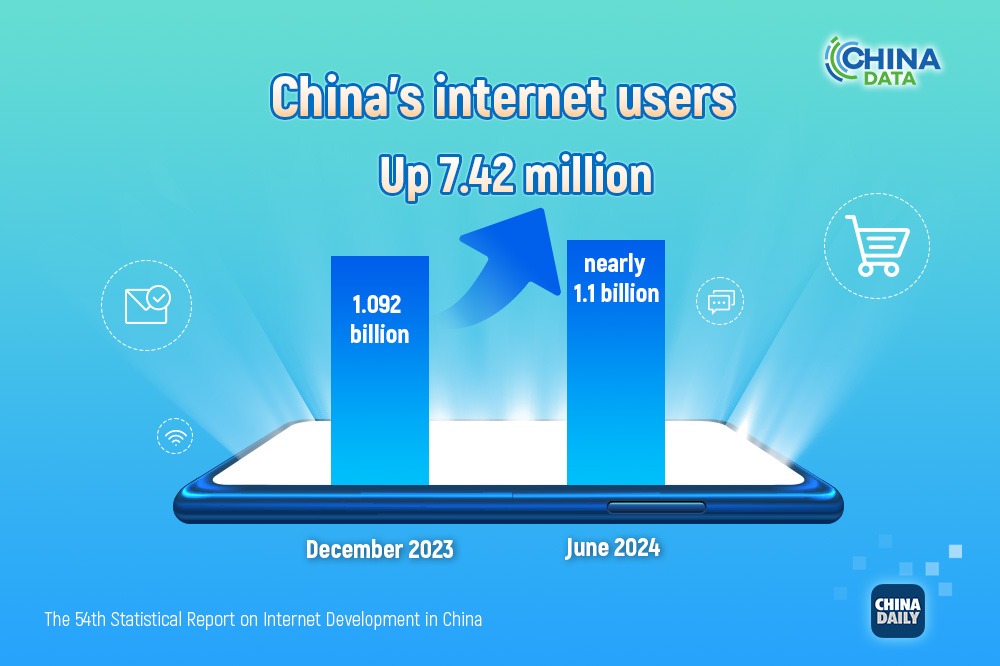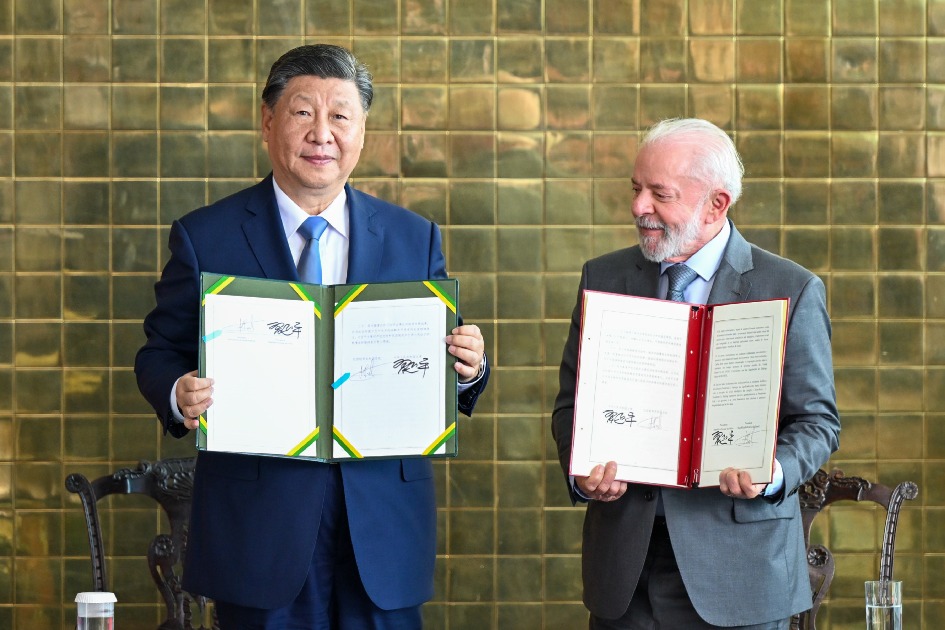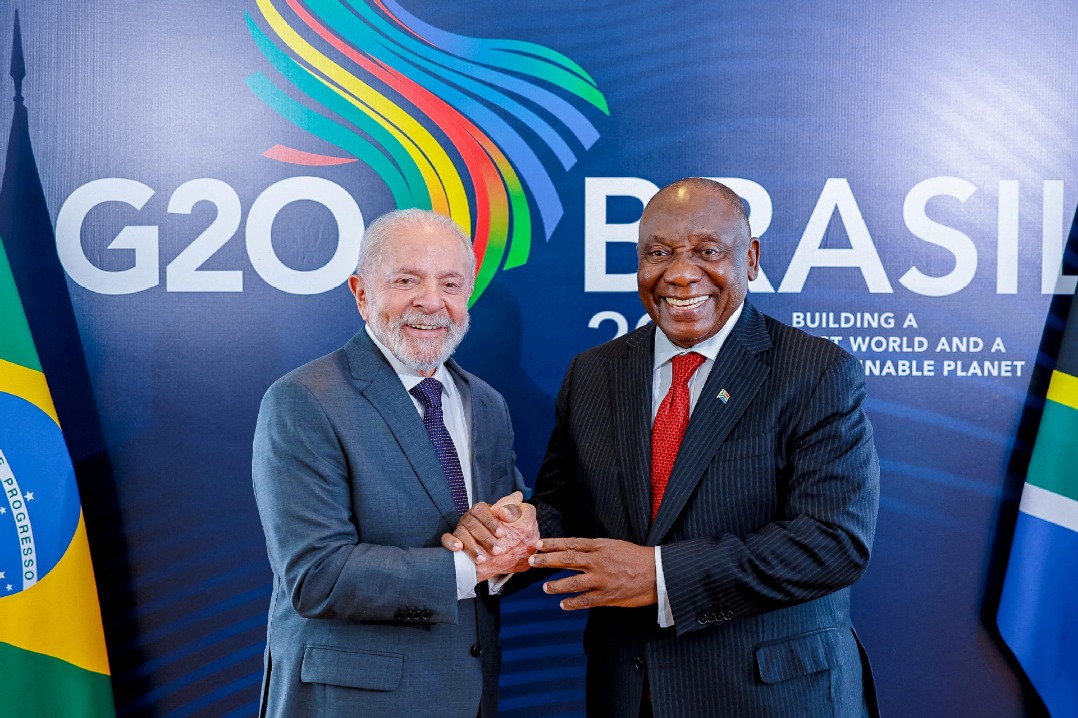Hong Kong needs patriots
By Wan Lik Hang | chinadaily.com.cn | Updated: 2021-03-11 17:32
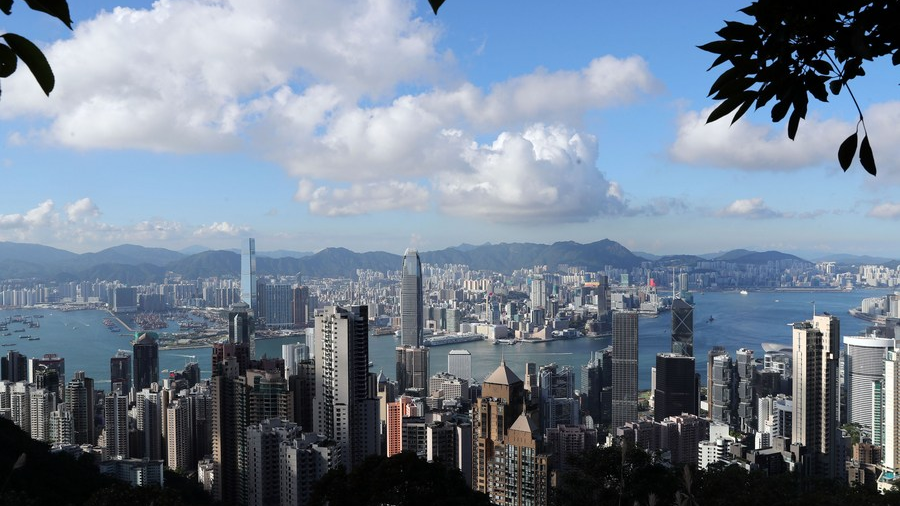
Western media and politicians have attacked China and the Hong Kong Special Administrative Region governments for insisting that only "patriots" should undertake the governance of Hong Kong. "Democracy is dead if we don't hold Beijing to account for what is happening in Hong Kong", claimed the Independent, a British newspaper, on Jan 17. "China sounds death knell for democracy in Hong Kong", echoed The Times of London on March 6.
What is all the fuss about? "Death knell for democracy…?" "Hold Beijing to account…" for what? The writers would have us believe that Hong Kong is "dead" because China wants to uphold the rule of law in what was in danger of becoming a lawless city. (In my 40 years in Hong Kong, it has been pronounced "dead" at least five times, only to recover quickly and go from strength to strength.)
So why has the West got this so wrong, as it does with much about China these days? The answer is both political and cultural. The politics are easy to explain. The cultural reasons are more profound but also more significant.
Politics
Within living memory, the rest of the world saw China as a poverty-stricken nation. Some Western countries even acquired territory in the country. China had been the world's leading civilisation for hundreds of years but was no longer. Western countries were satisfied they could "teach" China how to be successful in their world. China just needed to join their club of "civilized" democracies and all would be well.
Then, in 1978, one of China's greatest modern leaders inspired the Chinese people to modernize their economy. Within 50 years, China had resumed its place as a world-leading economy. Chinese poverty is now a thing of the past. The Chinese government was (and is) popular with the people because their country was (and is) stable and prosperous. This is democracy, Chinese style.
Western nations saw their dominance slipping away – not just with China but among other developing countries too. This was bad enough but, to their anxiety, China saw no reason to alter its governance culture. This country cherishes order, harmony, discipline and the collective responsibility of citizens and their families. The individual is less important than the community.
Culture
This Chinese culture and these Chinese values originated over millennia - as did Western culture and values. Confucius and other great Chinese philosophers wrote about harmony, obedience, order, discipline in the third century BCE. At that time, in Greece, Aristotle and others wrote of "the charming chaos" of democracy. Each group had good reasons to write the way they did. Greece was a collection of tiny city states warring with each other. China already had a huge population. Its "warring states period" involved millions of people. A large population cannot function in chaos. People starve. Millions die.
Each culture suited the environment in which it was formed. Neither is right or wrong. Pretending that there is a set of "universal" values – especially if they are your own - is parochial and misguided.
And so, we return to Hong Kong "patriots". What does this mean?
What is a patriot?
The word "patriot" also has different interpretations across cultures. In the US, one definition is "a person who regards himself or herself as a defender, especially of individual rights, against presumed interference by the federal government." (Again, we see individual rights being more important than a government). The Cambridge dictionary, more broadly, says that a patriot is: "A person who loves his country and if necessary, will fight for it."
Deng Xiaoping, the architect of China's recovery and negotiator of the 1984 Sino-British Joint Declaration governing the future of Hong Kong, foresaw the need to define "patriot":
"What is a patriot? A patriot is one who respects the Chinese nation, sincerely supports the motherland's resumption of sovereignty over Hong Kong and wishes not to impair Hong Kong's prosperity and stability," he said. "We don't demand that they be in favor of China's socialist system; we only ask them to love the motherland and Hong Kong." These words get a nod of agreement from most Hong Kong people.
This point many Western journalists and politicians overlook. In the protests about Hong Kong's extradition bill, for example, these journalists were fond of repeating that "2 million people" marched. That would be an impressive 25 percent of Hong Kong's population. But that figure is massively wrong because the streets simply could not take that many people. The true figure, agreed by all rational sources, is a few hundred thousand.
In Hong Kong journalist Nury Vittachi's recent book The Other Side of the Story, he explains this robustly. Furthermore, he demonstrates, beyond doubt, that the protests and subsequent rioting were financed and supported by several organizations from overseas that specialize in disrupting society. Most Hong Kong people were angry and upset that the separatists and "democrats" claimed to speak for them. Chinese style, they simply want order and harmony so they can get on with their lives and earn their living.
For historical reasons, the Hong Kong political system allows those who wish to disrupt it for their own ends – however noble these ends may appear in Western eyes - to do so. A government cannot operate effectively if those who are running it wish only to disrupt.
The Hong Kong and mainland Chinese governments well understand disagreement. As they have proved many times, no one in those governments wants to silence dissent. Sincere, respectful, dissent is a core part of good government and patriotism.
Riots, attempts to disrupt a freedom-loving city, by calling on and taking help from outside governments shows no sincerity or love of Hong Kong. Hong Kong needs patriots in government.
Because the proposed arrangements will put Hong Kong people first, I believe Hong Kong will become more effectively governed. It will also be more truly democratic than it has ever been.
Wan Lik Hang is the pen name for an Englishman who regards Hong Kong as home. The opinions expressed here are those of the writer and do not necessarily represent the views of China Daily and China Daily website.
If you have a specific expertise and would like to contribute to China Daily, please contact us at opinion@chinadaily.com.cn, and comment@chinadaily.com.cn.





